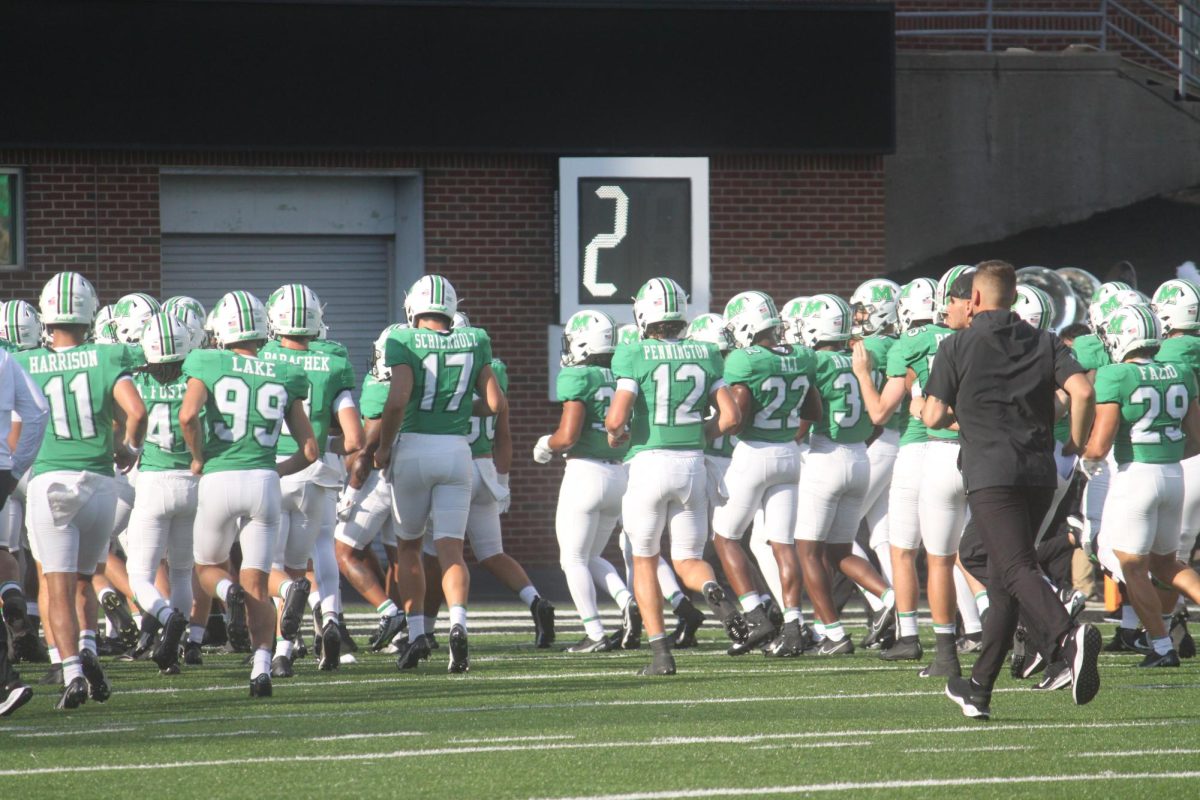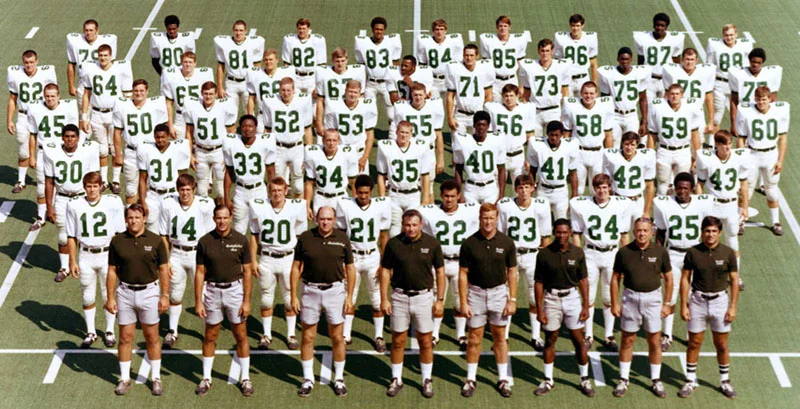“60 years ago this month, there was gunfire in the skies over Dallas, and the world changed,” said journalist and author Philip Shenon in the most recent installment of the Amicus Curiae Lecture Series on Constitutional Democracy yesterday, Nov. 7.
Shenon’s lecture spoke on the impact of the assassination of President John F. Kennedy. Many of his talking points stemmed from his award-winning book “A Cruel and Shocking Act: The Secret History of the Kennedy Assassination.”
Shenon worked for over 20 years at The New York Times as a reporter, foreign correspondent and Washington correspondent. He also authored “The Commission: What We Didn’t Know About 9/11.”
For “A Cruel and Shocking Act: The Secret History of the Kennedy Assassination,” Shenon collected hundreds of interviews and pieces of evidence over the course of five years.
“It’s said that because of the Kennedy assassination, the country really lost its innocence,” he said. “People looked at the future with a great deal of dread, which hadn’t been the case before.”
In the lecture, Shenon explored the influence of the assassination by Lee Harvey Oswald, the ramifications of the following Warren Commission’s investigation and the resulting conspiracy theories surrounding the murder of the 35th president of the United States.
“I think a lot of Americans had trouble accepting the idea that this 24-year-old with a $21, mail-order rifle could bring down the most powerful man in the world,” Shenon said. “For many people, it just made sense that this was really the work of some sort of conspiracy.”
He reviewed the evidence that was released and collected by the investigation, including the information that U.S. intelligence agencies had collected on Oswald prior to Kennedy’s murder. This information included interactions between Oswald and the Soviet and Cuban Embassies in Mexico City, where Oswald shared his plans to kill Kennedy with Cuban diplomats.
The discussion also delved into the effects that the investigation had on representatives, such as the termination and eventual suicide of U.S. diplomat Charles Thomas and the unanswered questions surrounding the investigation and evidence.
“I think almost all the best evidence we’ve got available suggests that Lee Harvey Oswald was the assassin, and he almost certainly did that alone,” Shenon said.
However, he also said that most of the popular conspiracy theories surrounding the Kennedy assassination “have a certain logic to them.”
“They all make sense at a very basic level,” Shenon said, “but in the 16 years, I or a lot of competent assassination researchers just haven’t seen the evidence to back up these theories.”
A Q&A session followed the lecture, during which audience members asked about potential conspiracies as well as the possible bureaucratic incompetence surrounding the assassination.
The Amicus Curiae Lecture Series on Constitutional Democracy brings scholars to speak on constitutional, governmental and historical issues relating to the United States. It is sponsored by the Simon Perry Center for Constitutional Democracy and supported by the West Virginia Humanities Council.























